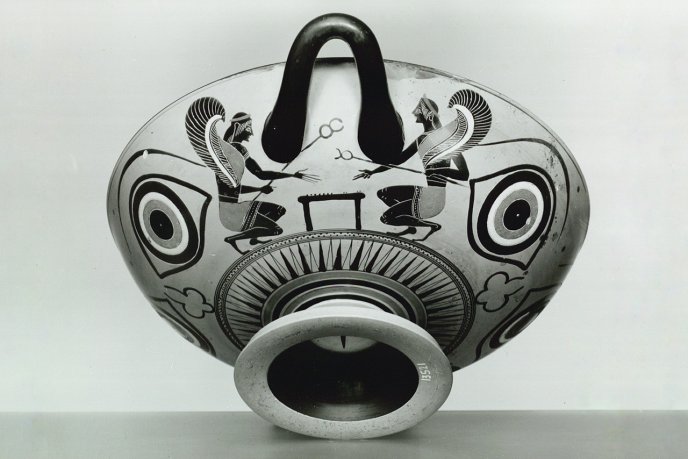In 2019 and 2020, lectures at the Religion, History and Society in the Ancient Greek World chair focused on the categorization of the divine, with the notion of daimōn at the heart of the investigation. This reflection led to the writing of a book entitled Daimōn. Modalités de l'action des dieux en Grèce ancienne (Les Belles Lettres/Collège de France, 2025). Focusing on the Archaic and Classical periods, the choice made in this research was to investigate daimōn and daimones, consciously leaving aside the uses of the term in the works of Greek philosophers, be they poets or pre-Socratics. This methodological bias consisted in grasping the notion of daimōn within a poetic tradition that does not question the essence of the world or of man, but gives an account of the multiple aspects of their existence and the visible and invisible powers that run through them. And it is at the heart of this tradition that the gods of polytheism, known in Greek as theoi, but also as daimones, appear before our eyes . As Marcel Detienne wrote in 1963, the daimōn is a " species of the divine ". The notion thus opens up an interesting avenue for understanding the workings of Greek polytheism, in terms of both the forms of its representations and the practices that characterize it. The analysis thus offers an investigation of the Greek religious system in demonic key.
The decision to leave aside philosophical readings of the daimōn can only last for so long, as the Greek intellectuals who took up the notion did not live in a world apart, and worked in particular on the cultural representations of their time. The aim of the June meeting 2025 is precisely to discuss the achievements of an approach that we'll call - for brevity - " polytheist ", and what particularly active research on the daimōn and the philosophers' " demonology " has uncovered over the last decade.
With the participation of Gabriella Pironti and Marwan Rashed.
Organized by
The meeting takes place in the Françoise Héritier room at the Institute of Civilizations, Collège de France, 52, rue Cardinal Lemoine, Paris. It is organized in collaboration with Constantin Macris (CNRS).
To attend, please register by e-mail to Camille Méquignon :

